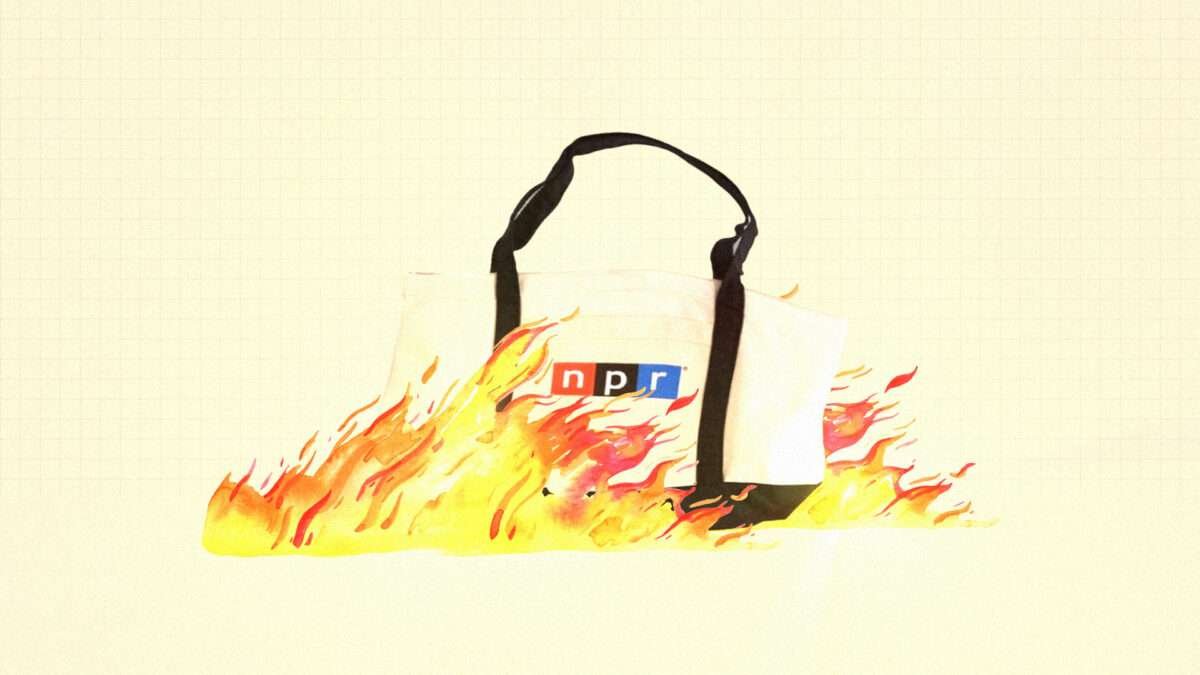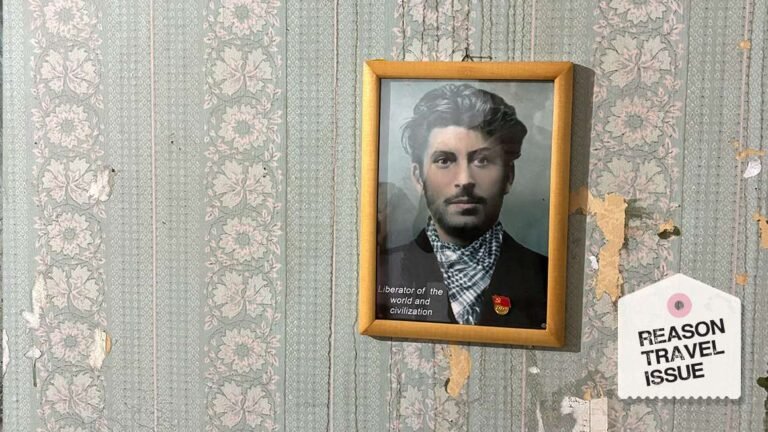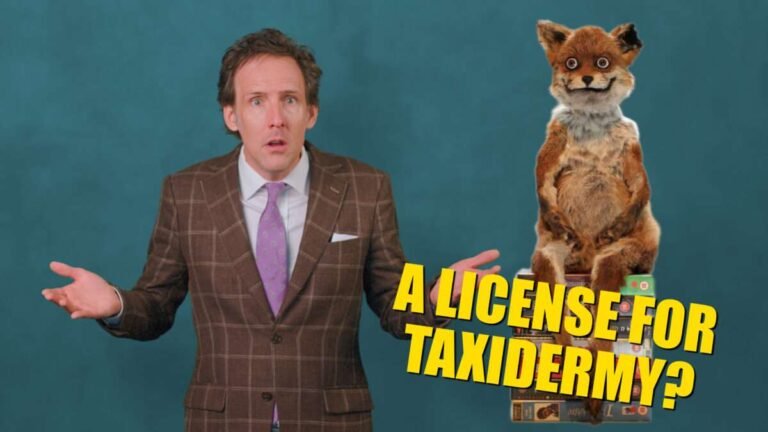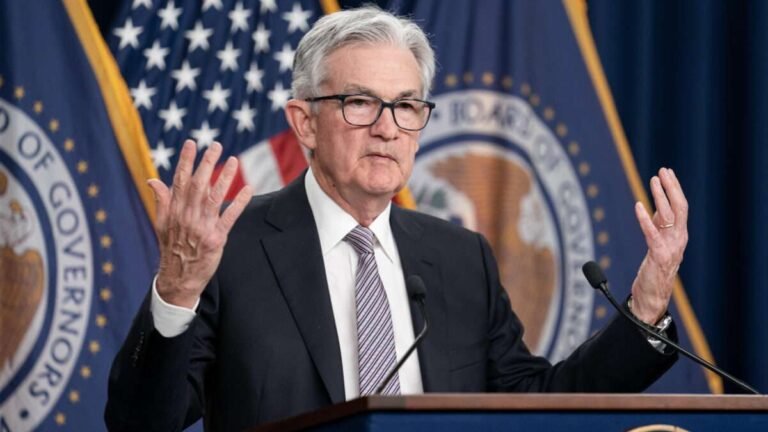
<a href="https://reason.com/2025/07/17/death-to-big-bird/" target="_blank">View original image source</a>.
The Senate just made headlines with a 51–48 vote to cut a whopping $9 billion in funding, targeting foreign aid and public broadcasting. Yes, you read that right—$1 billion is set to be snipped from the Corporation for Public Broadcasting, which means less support for staples like NPR and PBS. Two brave Republican Senators, Susan Collins and Lisa Murkowski, went against the grain by opposing this rescission bill. But what does this mean for your local news sources, especially if you live far from major cities?
The New York Times editorial board has raised alarm bells, warning that rural communities could face significant news deserts if NPR stations start shutting down. Nearly one in five NPR member stations might close their doors without federal backing, leaving listeners in the lurch, especially in rural areas where every signal counts. On the flip side, proponents of the cuts argue that with resources like HBO Max and YouTube, shows like Sesame Street aren’t going anywhere; Big Bird will find a way—even if it means trading in his PBS badge for a streaming subscription!
While the debate rages on, it’s hard not to chuckle at the thought that, in this digital age, Big Bird may just be flying high on the internet anyway. However, the question remains—should our tax dollars support public broadcasting, or is it time for the government to step aside and let private companies take the reins? What are your thoughts, and do you think educational programming will keep up with the ever-looming presence of technology?
To get daily local headlines delivered to your inbox each morning, sign up for newsletter!

















